IRF transistors are not NPN transistors, they are actually a type of Field-Effect Transistors (FETs) specifically Metal-Oxide-Semiconductor Field-Effect Transistors (MOSFETs).
Here’s a breakdown of the terminology:
- Transistors: These are electronic components that can amplify or switch electronic signals.
- NPN and PNP: These terms refer to the type of bipolar junction transistor (BJT). BJTs are another common type of transistor with different operating characteristics than MOSFETs.
IRF Transistors (MOSFETs):
- IRF is a prefix commonly used by companies like International Rectifier (now Infineon Technologies) for their MOSFET product lines. Many other manufacturers also produce MOSFETs with different naming conventions.
- MOSFETs: These transistors use an electric field to control the flow of current. They offer several advantages over BJTs, including:
- Higher input impedance (less load on the control signal)
- Generally faster switching speeds
- Can be used for both analog and digital applications (depending on the specific type)
IRF Transistor Applications:
IRF transistors come in a variety of types suitable for various applications, including:
- Power Switching: Many IRF transistors can handle high currents, making them suitable for switching applications like motor control or power supply circuits. (e.g., IRFZ44, IRF540)
- Signal Amplification: Some IRF transistors can be used for low-power signal amplification.
Things to Consider When Choosing an IRF Transistor:
- Voltage and Current Ratings: Ensure the chosen transistor can handle the voltage and current requirements of your project.
- Package Type: IRF transistors come in different package types (e.g., TO-220) depending on power dissipation and heat management needs.
- Gate Threshold Voltage: This voltage determines when the transistor turns on. Consider this if your circuit has specific voltage limitations for the control signal.
If you’re looking for a specific NPN transistor, I can’t recommend an IRF transistor because they are MOSFETs. However, I can help you find an NPN transistor suitable for your project if you provide details about your application (voltage, current, etc.).
You must be logged in to post a review.
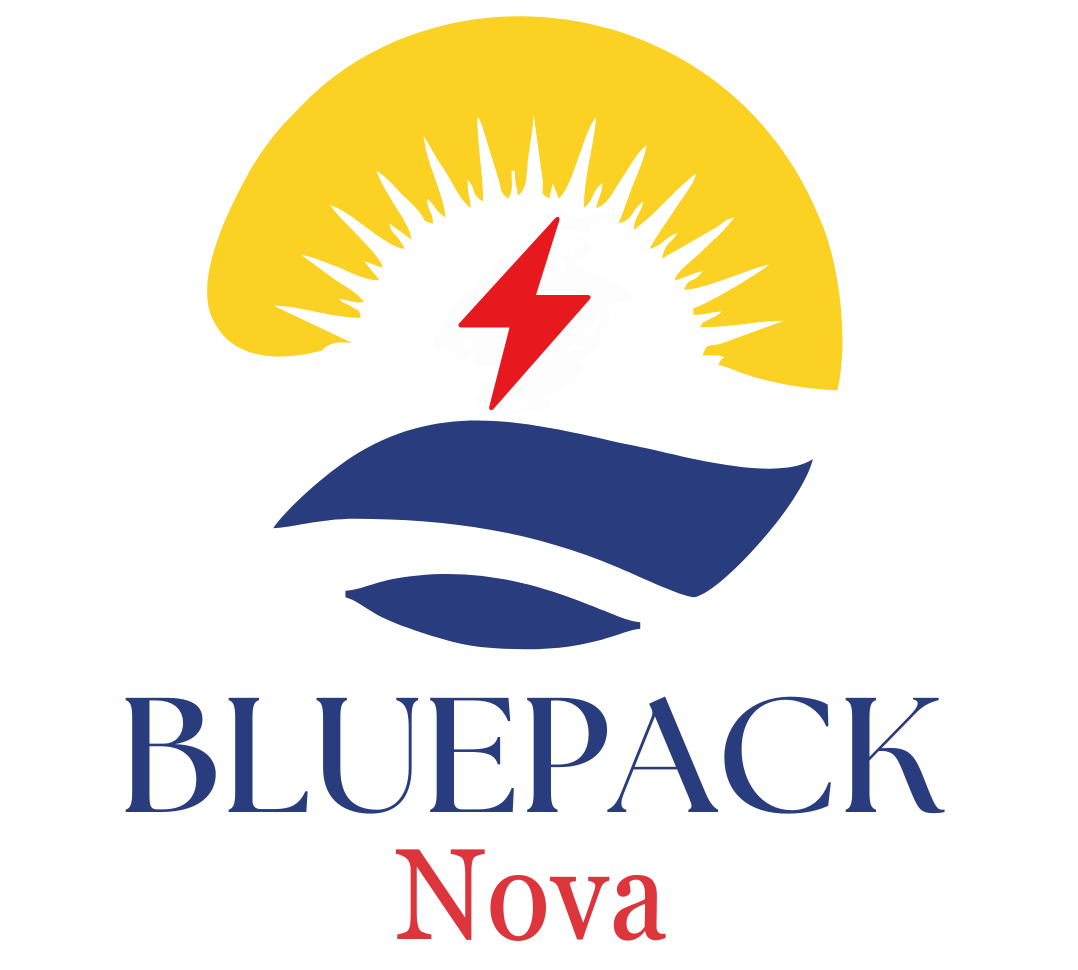
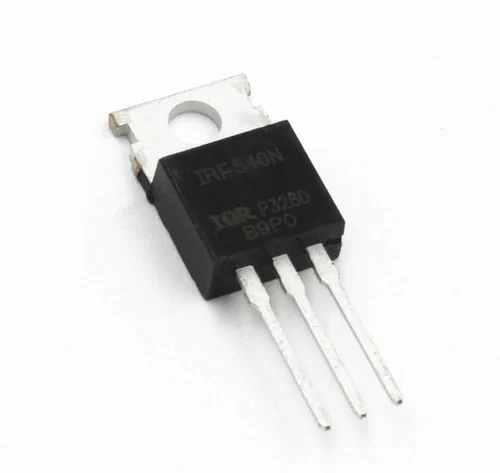
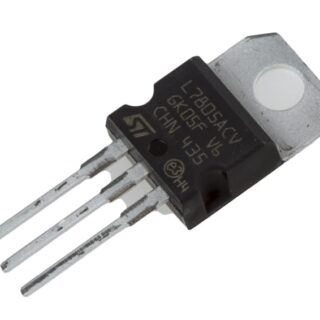
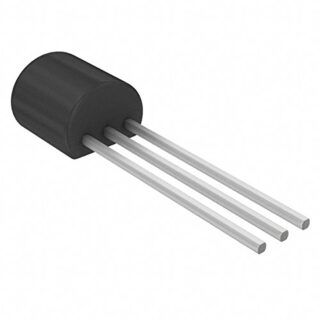
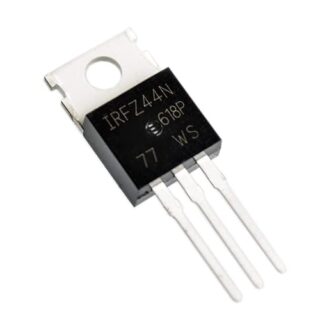
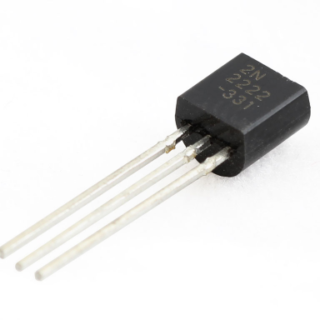
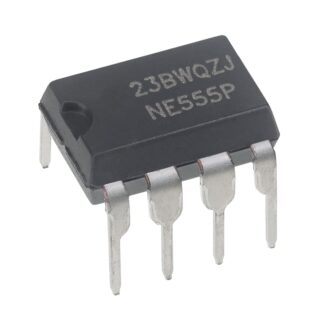
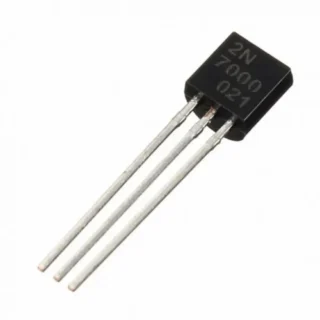
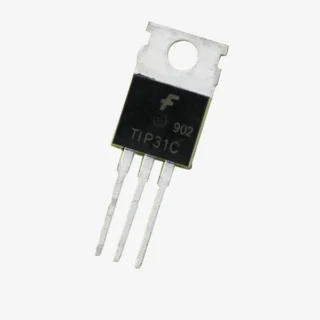
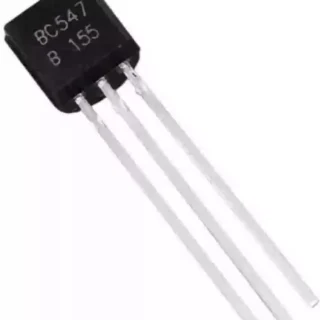
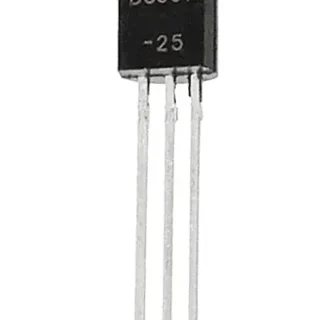
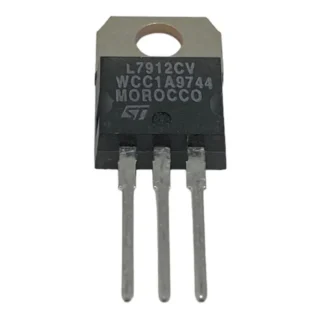
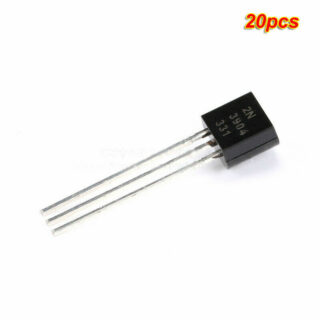
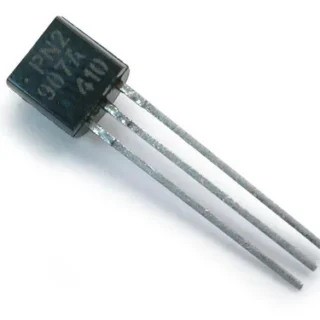
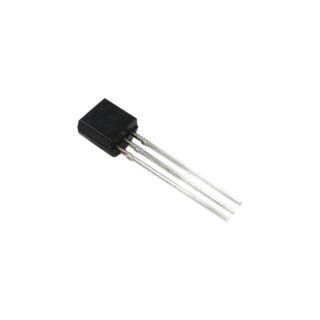
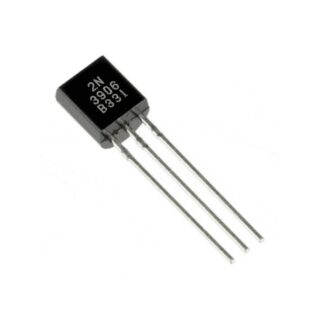
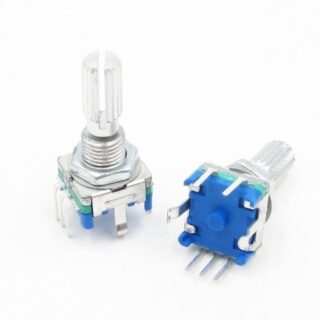
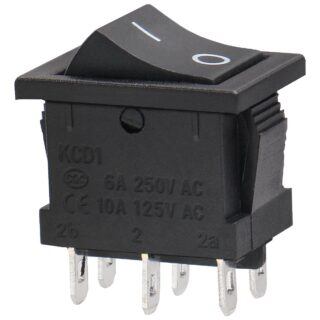
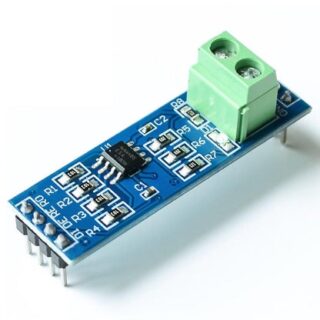
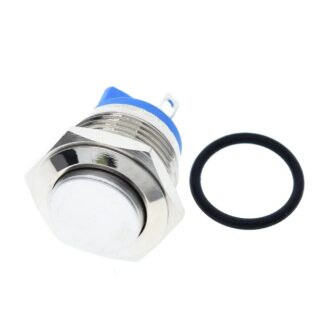
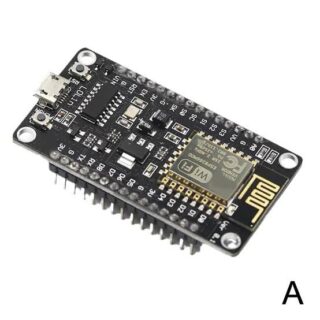
Reviews
There are no reviews yet.